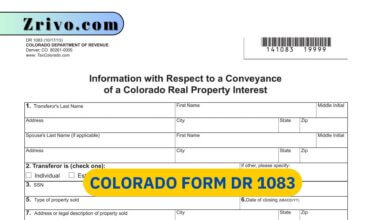Michigan Sales Tax 2023 - 2024
Michigan imposes sales and use taxes on the retail sale, lease, or rental of most tangible personal property and some services.

Michigan is a destination-based sales tax state, meaning that sales taxes are collected based on the buyer’s location at the time of purchase. This makes filing sales tax returns more complicated than in states that have a uniform sales tax rate. Michigan also has an economic nexus law that requires remote sellers to collect and remit sales tax if they have either a physical presence or significant economic activity in the state. Sales tax revenue is allocated to the general fund, school aid fund, and the old-age and survivors insurance and disability insurance trust funds. The Michigan sales tax rate is 6% on most tangible personal property sold to the final consumer. However, there are a few nuances to be aware of.
How to Pay Michigan Sales Tax?
Michigan sales tax is imposed on both businesses and individuals who buy or use tangible personal property within the state. Individuals can pay this tax by completing the use tax portion of their individual income taxes and businesses should file it as part of their 5080 or 5081 Sales, Use and Withholding Tax returns. Businesses can also choose to register for sales tax using the state’s MTO system.
Online retailers that have nexus in Michigan must collect sales tax from buyers and remit it to the state. Nexus is created either by a physical presence (a store, office, warehouse or distribution center) or by meeting a states economic threshold (sales, revenue or number of transactions).
Failing to collect and remit Michigan sales tax can result in steep fines. Penalties start at 5% of the amount of uncollected tax for the first two months and increase monthly. There are even more extreme penalties for those that commit fraud or intentionally disregard state law. The best way to avoid these penalties is to use a professional that specializes in state and local sales tax compliance.

How to File Michigan Sales Tax?
To file your Michigan Sales Tax return, complete the Sales and Use Tax Worksheet. Start by reporting gross sales and then add in rental of tangible property and revenue from communications services. Finally, add in the amount of use tax due. Once you’ve completed all of the lines, calculate your discount on line 5. If you have any use tax to pay, enter it in box 6.
The State of Michigan requires taxpayers to file and pay their sales tax on time and accurately. Filings are typically due by the 20th day of the month following the reporting period. Failure to do so exposes the business to late fees and interest charges. Filing frequency is determined by the amount of liability owed and may be monthly, quarterly, or annually. Taxpayers who regularly miss filing deadlines can be subject to extreme penalties. The State of Michigan offers a discount to those who pay their sales tax early or on time each month.





